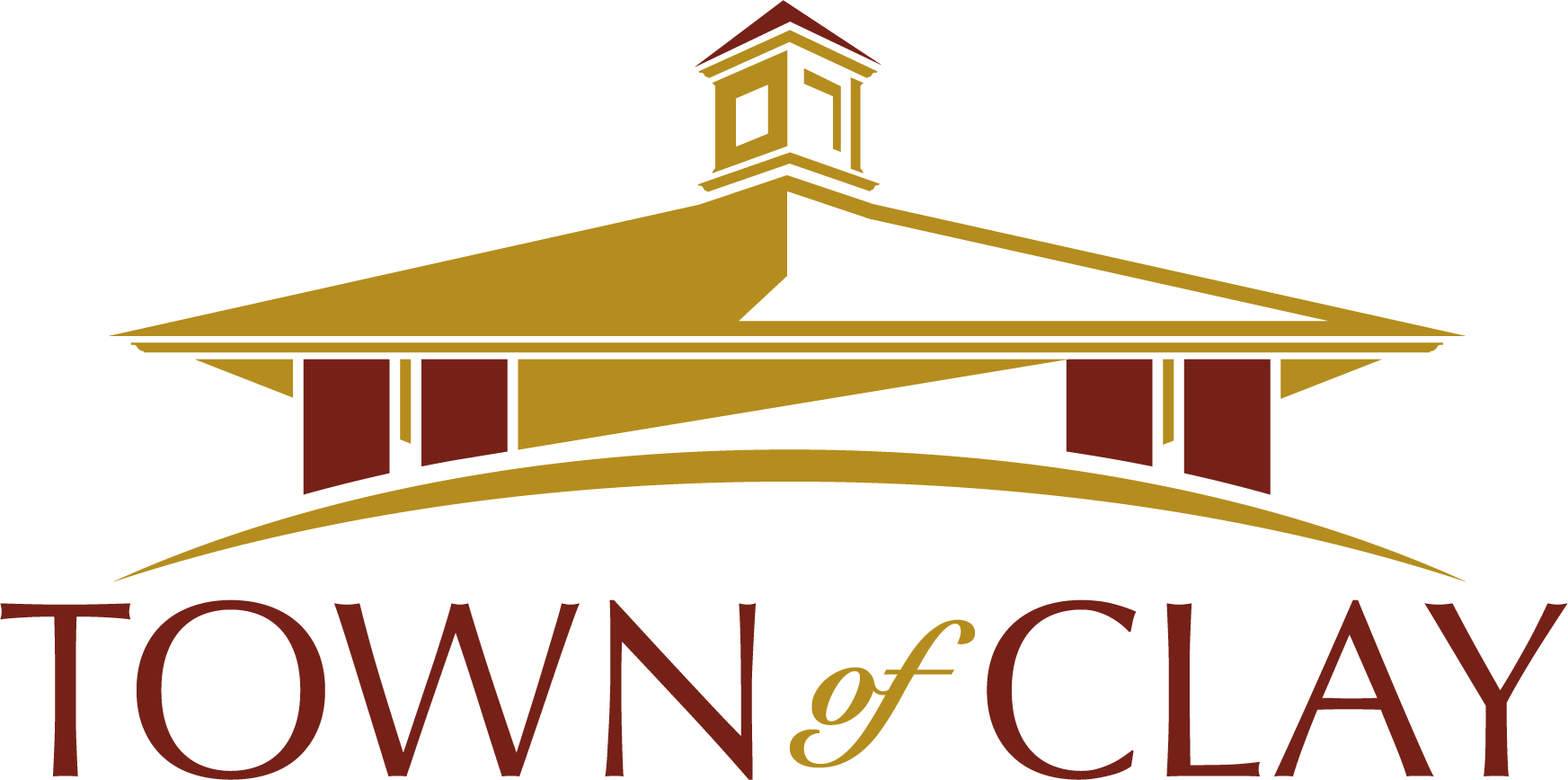J. W. Coughtry Cigar CompanyPosted on September 24, 2018 |
Image
|
REMEMBERING CLAY
J.W. Coughtry Cigar Company*
Jacob W. Coughtry was born on January 3, 1829 in Albany. His father, John W. also was born in Albany, one of five children, and his mother, Margaret, was born in Herkimer. Jacob was first married to Catherine Ostrander of Herkimer and they had a son, John, named after Jacob’s father. He married a second time to Henrietta Sommers, daughter of John Sommers, a former supervisor. Jacob was Clay Supervisor from 1877 to 1879 and John was Clay Supervisor from 1882 to 1883.
The Coughtry Cigar Company was founded in 1858 in Clay, called Cigarville at that time after the Post Office of the same name. The company furnished the Cigar trade with some of the finest grades of cigars. These included: The New Blue Line, La Rosa, and La Carolina which were sold for ten cents each. Some of the five cent cigars were: The Fly, Key West and The Grass Widow. The main aim of the company was to strictly maintain the superiority and reputation of the brands and to always retain uniformity of quality. The Grass Widow was one of the best five cent cigars in the Country. Since there was a steady demand for five cent cigars, the Coughtry’s felt it was more advantageous to have a large volume of a product at a lower price. Jacob’s customers found he was a distinguished and honorable business man.
Jacob purchased land from Thomas Sellens and built a home, that is still standing, on Route 31.+ A large addition in the back housed the cigar wrappers until 1881 when he built a cigar factory on Factory St., now known as Weller Canning Road. That building burnt down in the late 1890’s.
On April 30, 1881 trouble arose within the factory. Three weeks prior, forty union members stopped working because they said they couldn’t endure the treatment by the foreman, James Sherwood. He was fired and the workers given a choice of a new foreman. One week later Sherman returned and convinced everyone to strike as the other cigar companies were all striking. John went to New York to recruit workers but was stopped before they reached Clay. Jacob had better luck; he returned by the D.L.&W. Railroad to Baldwinsville with 15 men. The strikers tried to convince them to leave, but only five returned with their fares paid. John announced that strike organizers would not be employed.
On May 2, Charles Esler, Union President; Joseph Fries, Secretary; Charles Saiger, Trustee; Louis Gundloch, Executive Council Member; and Carl Koeppler were charged with conspiracy by J. W. Coughtry. As Koeppler could barely speak English, charges against him were dropped. Sheriff Bennet and Deputy Sheriff Shug were assisted in the arrest by Sheriff Van Epps of Clay. They pleaded not guilty and bail set at $500.00 each. Prosecuting Attorney was W. P. Goodelle and Col. C. S. Jenny for the defendants. The defendants stated that they did not want more money, only to have the foreman, James Sherwood, replaced. The Coughtry Company made the following proposal to the men:
“Gentlemen, While we are not to admit that you were in the right by bringing about a standstill in our business to the detriment of all concerned, we are prepared to offer conciliatory terms as follows: First you are to restore Mr. Sherwood to good standing in the union, retracting any charge you may have against him and any fines you may have imposed on him. You shall also treat him in the future as one gentleman shall treat another. Second, you are to elect by closed ballet a man from your number to fill the position of foreman in our factory at a price not to exceed fifteen dollars per week for services rendered and report to us at 5 o’clock tomorrow morning, and to Mr. Cullings the number of boarders he may expect and when. J. W. Coughtry and Son.”
men replied that they did not want to dictate who would be foreman, just someone besides Sherman. y agreed to give him a retiring card from the union. Coughtry appointed a man named Dedrick as foreman. Union President, Esler, commented that there were no threats or violence by the strikers; they just wanted to induce the men to return to New York City. He also stated that the strikers would establish a cooperative shop at Cigarville (Clay) for the purpose of keeping up the union. Charges of conspiracy were dropped; Prosecution announced that the warrants were withdrawn; and the Justice discharged the prisoners.
By 1890, the business was in trouble. It had allowed too much stock to be sold on credit; there were disputes between union and non-union members; and American technology was changing rapidly. The J. W. Coughtry and Son company was dissolved in October 1890. An order was made on October 11, 1890 to sell all accounts, notes and bills. Father and son decided to concentrate on farming. However, John still kept his interest in cigars. He patented an improved process for making cigars on December 4, 1900. Also, John W. Coughtry and W. C. Lipe of Syracuse invented a cigar making machine. They applied for a patent on November 16, 1906 and it was approved on April 5, 1915. Jacob W. Coughtry passed away in 1909 and John W. Coughtry in 1906. They are both buried in Pine Plains Cemetery.
*Information from handwritten notes by Frank Faliano and other information In Historian Archives.
+Photo of Jacob W. Coughtry home on Route 31
Dorothy Heller, Historian
August 3, 2018
Other
Remember Clay Stories
The Mystery of Charles Morgan Continues
Remembering Clay | Oct 12, 2016
REMEMBERING CLAY
The Mystery of Charles Morgan Continues
Remember Clay - Solomon Kittle - Clay Civil War Veteran
Remembering Clay | Sep 6, 2017
REMEMBERING CLAY
Solomon Kittle – Clay Civil War Veteran
